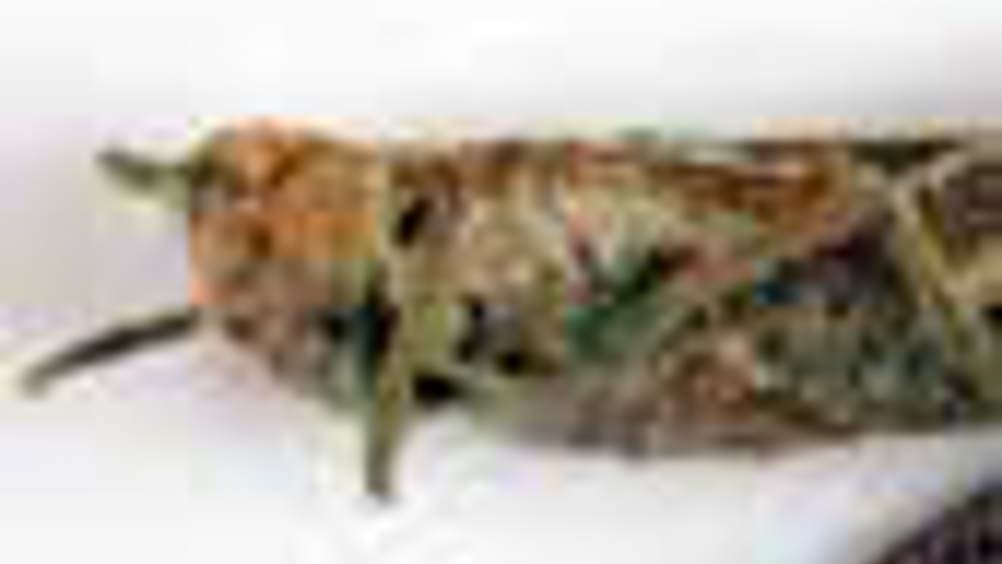Locust killer
CSIRO scientists have successfully used a rare Australian native fungus – Metarhizium – to produce an environmentally friendly 'bioinsecticide' spray.

CSIRO scientists have successfully used a rare Australian native fungus – Metarhizium – to produce an environmentally friendly 'bioinsecticide' spray, Green Guard, which has proven effective in controlling one of the world's major agricultural scourges, plague locusts.
Green Guard has already been used in
CSIRO recently signed a commercial agreement with the agricultural biotechnology firm, Becker Underwood and soon Green Guard will be available worldwide.
Managing Director of Becker Underwood Australia, Richard Waterworth, said that Green Guard had now been granted full registration by the Australian Pesticides and Veterinary Medicines Authority and will be made available to farmers through agricultural resellers and government bodies involved in locust control such as the Australian Plague Locust Commission and the NSW Rural Lands Protection Boards.
'We have also had promising discussions with groups around the world and will be pursuing these,” Waterworth said. ”Our first aim is registration of Green Guard in
Register now to continue reading
Thanks for visiting The Engineer. You’ve now reached your monthly limit of news stories. Register for free to unlock unlimited access to all of our news coverage, as well as premium content including opinion, in-depth features and special reports.
Benefits of registering
-
In-depth insights and coverage of key emerging trends
-
Unrestricted access to special reports throughout the year
-
Daily technology news delivered straight to your inbox










Water Sector Talent Exodus Could Cripple The Sector
Maybe if things are essential for the running of a country and we want to pay a fair price we should be running these utilities on a not for profit...